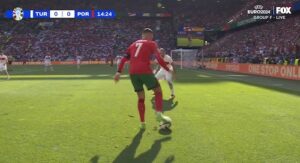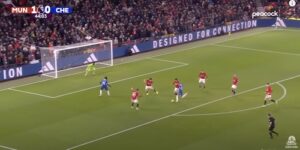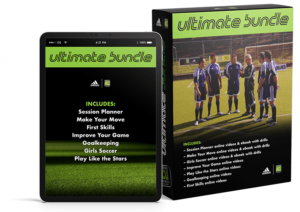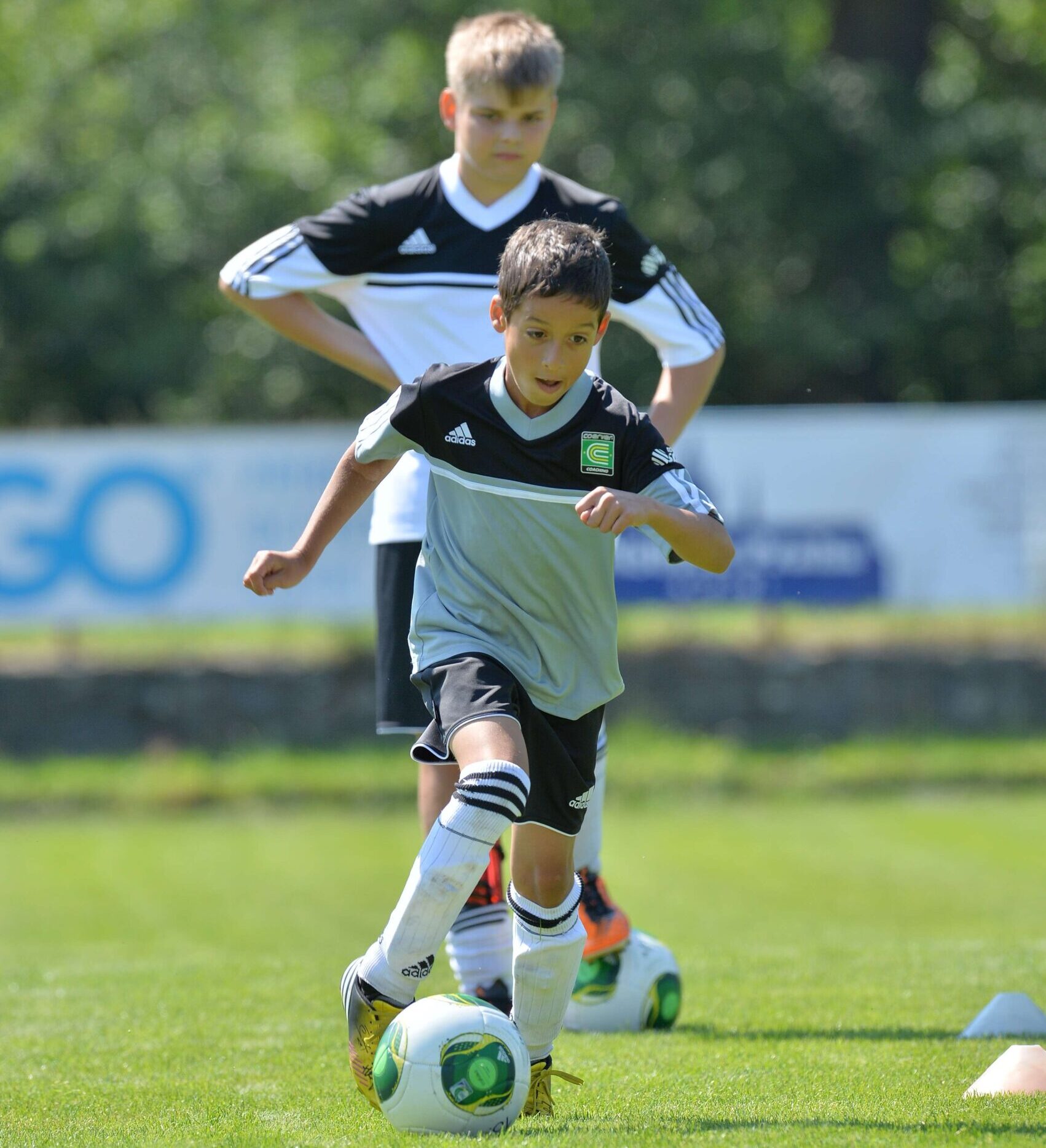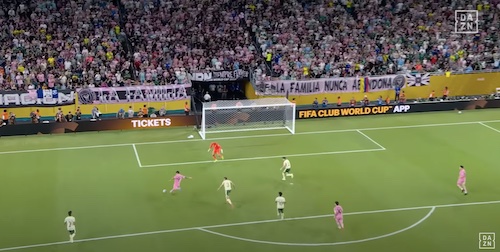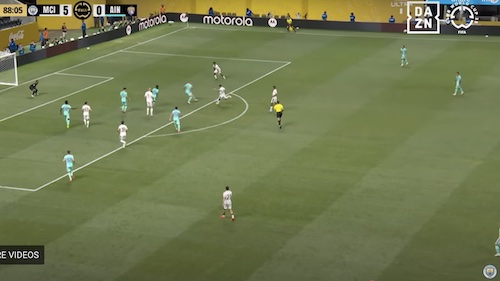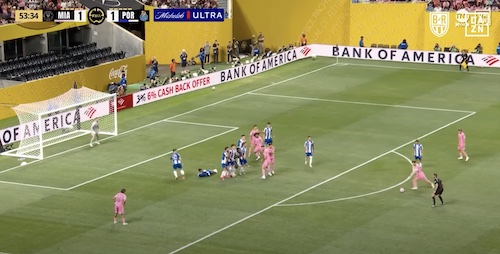What are Rondos?
Rondos are games typically played between two groups of players where one group has more team members than the other. It is the job of the side with the advantage is to retain ball possession whilst the smaller group tries to reclaim it. If any of the pressing players intercepts the ball or tackles a player, they switch roles with the player who lost possession.
The basic rules of the rondos and minimal equipment required to do them give them a humble reputation. However, they are one of the best ways to simultaneously develop a players’ footwork, passing, pressing and cognitive abilities.
Because of the huge benefits of rondos, they are frequently used by the world’s most elite coaching and football clubs. This blog will explain 4 of the main benefits rondos bring to individual players and to teams.
See one of our Coerver Rondos in action below.
4 Ways Rondos can benefit your players
1. Rondos improve players’ footwork
Great footwork is essential to playing a slick, fast-paced style of football and is a key benefit of rondos. This is why rondos are Guardiola’s method of choice for improving his team’s footwork. The pressure of the pressing group forces players to practice controlling and moving the ball quickly to teammates in space. This frequent repetition helps players develop an intuition for minimal and purposeful touches.
2. Rondos greatly benefit players’ tight area play
Playing in tight areas is crucial for players, they need to be comfortable being pressed so they don’t panic on match day. Rondos are an excellent way to simulate match day pressure and will get players used to playing with little time and space. Regularly including rondos in your training sessions will give your players will have a massive edge and confidence boost on match day.
3. Rondos benefit your speed of play
The pressure of the drill helps players learn and recognize when to play a quick first-time pass if a player is near, but also teaches them when to stop the ball and slow the rhythm and tempo down if necessary. The repetition of quick and instinctive passes players in rondos drastically improves each individual’s speed of play. As a result, players can comfortably transition these skills into match days and hugely improve the speed they are able to move the ball.
4. Rondos develop player’s cognitive abilities
The pressure of the rondo forces players to use different techniques and strategies to adapt to the evolving scenario within the drill. Players are constantly challenged with varying circumstances and have to adapt under pressure to solve them. The positions of teammates, opponents, and ball speed are all changing which prevents the drill from becoming boring and unchallenging. This helps to keep players focused and engaged throughout the session and develop their mental awareness. Rondos are constantly challenging and strengthening players’ cognitive abilities which is why they are a valuable drill for coaches and players alike.
Coerver Rondos also develop both the attacking and defending qualities of each player regardless of team position (including the Goalkeeper).
For more information and to purchase the Coerver Rondos go here.



